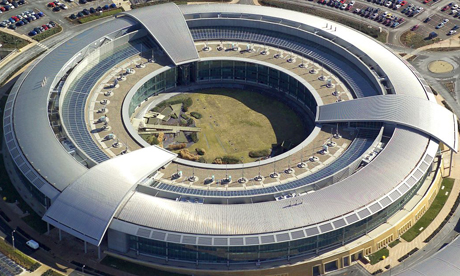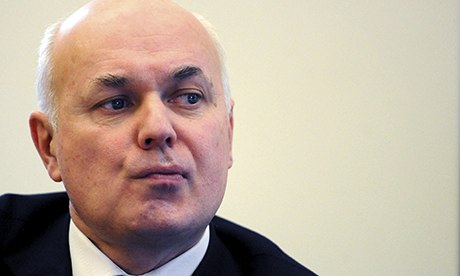Commentary and analysis of recent political events
That Conservative, illiberal Nick Clegg is keen to do the Tories’ work
Clegg leaves the door open to further welfare cuts
George Osborne has made it clear that he plans to introduce in welfare cuts if the Tories win the next election, including a possible reduction in the £26,000 household benefit cap and new limits on child benefit, but where does Nick Clegg stand? At the Deputy PM’s final monthly press conference of the year, I asked him whether he was prepared to consider a reduction in the benefit cap in the next parliament. He told me:
It’s not something that I’m advocating at the moment because we’ve only just set this new level and it’s £26,000, which is equivalent to earning £35,000 before tax…I think we need to keep that approach, look and see how it works, see what the effects are, but not rush to start changing the goalposts before the policy has properly settled down.
The key words here are “at the moment”. While Clegg again declared that he believed the priority should be to remove universal pensioner benefits from the well-off (“you start from the top and you work down”), he was careful not rule out a cut in the level of the cap.
…
Spiked has a good article on modern slavery being make-believe and Theresa May’s Modern Slavery bill addressing a non-existant problem. This blog has addressed slavery not existing. Spiked are on the Want to make a worthwhile donation this Solstice? page.
Firefighters to strike on Christmas Eve and New Year’s Eve. Tony Blair intervened directly in a firefighters’ strike while the FBU was headed by a Labourite idiot. Strange to see Blair referring to the “real world” since he was a total stranger to it.
 Home Secretary Theresa May fails to provide any evidence that the Guardian’s publishing the Edward Snowden leaks have damaged national security as claimed by boss of MI5, Andrew Parker. Keith Vaz, chair of the home affairs committee told May “What you have given us today, and what we have heard so far, is only second-hand information. Mr Parker and Sir John are making statements in open session and nobody knows what the follow-up is.” and “Everyone is appointed by the prime minister … They are asking questions of each other, and giving answers to each other … That is exactly why we need to see them [the agency heads]. But you don’t want us to see them at all.”
Home Secretary Theresa May fails to provide any evidence that the Guardian’s publishing the Edward Snowden leaks have damaged national security as claimed by boss of MI5, Andrew Parker. Keith Vaz, chair of the home affairs committee told May “What you have given us today, and what we have heard so far, is only second-hand information. Mr Parker and Sir John are making statements in open session and nobody knows what the follow-up is.” and “Everyone is appointed by the prime minister … They are asking questions of each other, and giving answers to each other … That is exactly why we need to see them [the agency heads]. But you don’t want us to see them at all.”
Why Cameron is wrong to declare ‘mission accomplished’ in Afghanistan
What the welfare cuts mean for us: ‘The feeling of dread never goes away’
Hungry Christmas: Food Bank Use Soars
2013 in Review: Unions Are the Only Defence Ordinary People Have Left
Poorer than your parents – post-war pensions boom ‘is coming to an end’
Federal judge holds NSA telephone surveillance unconstitutional
Lord Hanningfield says of allowance claims: ‘I have to live, don’t I?’
For the Sake of Humanity Society Must Unleash War on the Tories

